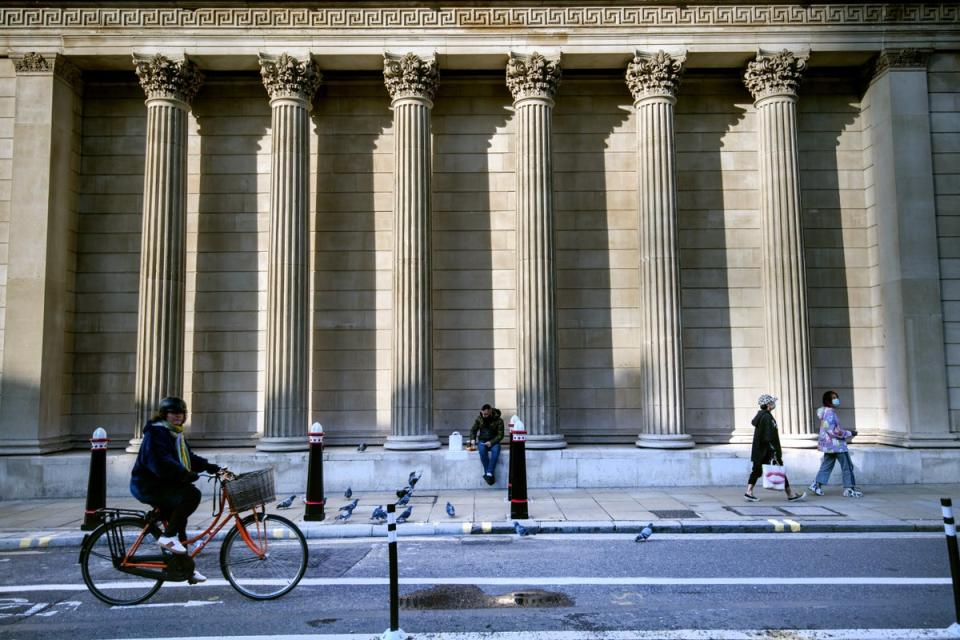More rate hikes ‘on the cards as tax cuts set to add to inflation pressures’

The Bank of England’s latest interest rate hike was smaller than expected in financial markets thanks to the energy cap freeze lowering the inflation outlook, but experts are predicting more rises to come as the Government slashes taxes to boost growth.
Its move to deliver a 0.5 percentage point rise to 2.25% saw it defy market expectations for an increase to 2.5% and is at odds with its US counterpart, the Federal Reserve, after it pressed the button on its third 0.75 point hike in a row.
The Bank’s policymakers – albeit divided on the decision – showed a more cautious approach in their decision, given their indication that the UK is already in recession this quarter and now that soaring inflation will peak at just under 11% against the 13.1% they had warned over in August.
Martin Beck, EY Item Club’s chief economic adviser, said: “The MPC’s decision to forgo a bigger rise in rates makes sense.
With tomorrow’s mini-Budget likely to deliver some sizeable tax cuts, September’s increase in rates may not be the last rise this year though
Martin Beck, EY Item Club
“The cap on energy bills will significantly reduce the prospective peak in inflation, as well as bearing down on households’ inflation expectations. And the price of oil, gas and many other commodities have continued to retreat from recent highs, which should contribute to inflation falling back significantly next year.”
But he added: “With tomorrow’s mini-Budget likely to deliver some sizeable tax cuts, September’s increase in rates may not be the last rise this year though.”
He is forecasting rate rises in both November, when the Bank will release its next set of forecasts, and December as it looks to rein in more widespread inflation in the economy with wages surging and the Government’s tax cuts set to add to inflation pressures.
This will see rates peak at 3% to 3.25% at the turn of the year, according to Mr Beck.
Allan Monks, at JP Morgan, agrees that the 0.5 point increase is “unlikely to cut the mustard”.
He said: “The BoE’s response looks tame given the fiscal easing under way at the moment, and the upward pressure this places on the medium-term inflation picture.
Ultimately, we think this will result in higher rates for longer
Ellie Henderson, Investec
“We continue to look for a 50 basis point hike in November and rates reaching 4% by next spring. But we see risks of a faster tightening and will again review the forecast after tomorrow’s fiscal package.”
The Bank itself admitted in the minutes of the rates meeting that it believes the energy support package, while trimming the inflation peak, would add to demand pressures and therefore push up inflation.
In response, it tweaked its guidance to state that “should the outlook suggest more persistent inflationary pressures, including from stronger demand, the committee will respond forcefully, as necessary”.
Ellie Henderson, at Investec, cautioned that “ultimately, we think this will result in higher rates for longer”.
She added: “The real question, and the bigger communications challenge, will arise at November’s meeting, when the committee will have the full details of the fiscal package and the opportunity to reflect their impact in its economic projections.
“How the Monetary Policy Committee will navigate tightening in such an environment, when conditions may push it to a diverging policy path with the Government, is yet to be seen.”

 Yahoo Finance
Yahoo Finance 